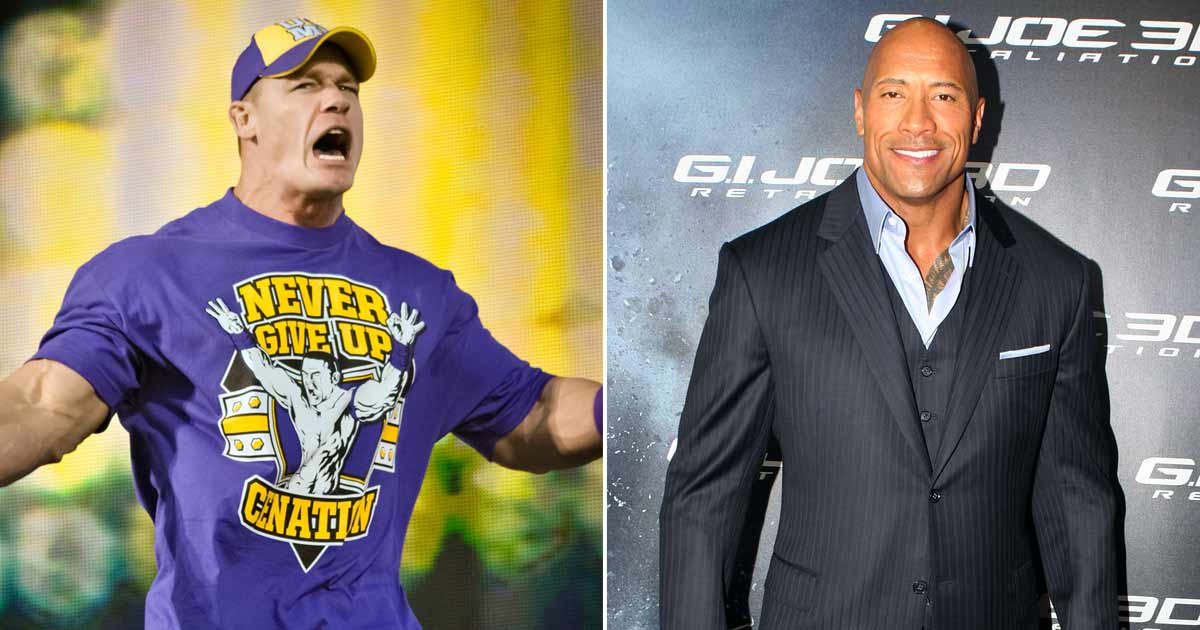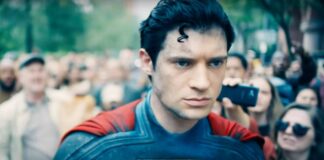
It turns out that playing a corrupt stockbroker can land you in a courtroom yourself. In 2013, The Wolf of Wall Street had everyone talking—except Andrew Greene, who was fuming. Greene claimed he was the unfortunate muse for Nicky “Rugrat” Koskoff, the shady character who partied hard and lived even harder. His gripe? The movie made him look like a degenerate criminal, and he wasn’t about to let it slide. So, he lawyered up and went straight for Leonardo DiCaprio, Martin Scorsese, and the whole production crew.
Greene’s defamation suit was no small fry. He argued that the filmmakers didn’t just stretch the truth—they didn’t even try to get it right. No deep dives into the facts, no cross-checking, just vibes. His lawyers called it “clear and convincing evidence of reckless disregard” for accuracy. In short, Greene wanted them to pay for what he saw as a wild mix of fiction and insult.
In 2015, U.S. District Judge Joanna Seybert let the privacy claim slide but allowed the defamation allegations to stick around. Greene had homework: prove the producers were grossly negligent in their character depictions. The challenge? Connecting the fictional Koskoff to himself in a way that made viewers think, “Oh, that’s Andrew Greene.”
Trending
As the lawsuit unfolded, depositions from Scorsese, DiCaprio, and screenwriter Terence Winter came to light. Greene’s team argued their so-called “research” was laughably thin. DiCaprio admitted to taking a “tour of Wall Street” and observing some New York finance types. Meanwhile, Scorsese confessed he hadn’t spoken to Belfort or anyone linked to Stratton Oakmont, the infamous brokerage firm where the chaos unfolded. Winter wasn’t shy either, admitting that factual accuracy wasn’t the priority. “The only concern Defendants had was to portray the mania of Jordan Belfort’s point-of-view,” Greene’s team wrote in their filing.
The defense had its counterpunch ready. They argued the movie was “substantially true” and that reasonable viewers wouldn’t directly connect Koskoff to Greene. The character, they claimed, was more of a narrative tool to amplify Belfort’s wild ride. Greene’s lawyer wasn’t buying it, criticizing the team for relying heavily on Belfort, a “pathological liar,” as their source material. It was a bold move, considering Belfort’s track record of deception.
This case wasn’t just about Greene. It cracked open the more extensive debate on creative liberties in Hollywood. Should filmmakers have free rein to “fictionalize” real people for storytelling? Or does that cross a line into defamation territory? The implications reached beyond The Wolf of Wall Street, echoing in cases like Olivia de Havilland’s battle over her portrayal in Feud: Bette and Joan.
Greene’s lawsuit may have fizzled, but the questions it raised are still hanging in the air, challenging Hollywood’s balance of fact and flair.
For more such stories, check out Hollywood News
Must Read: Tom Cruise’s Running Skills Are The Secret Behind His Box Office Wins? Scientific Study Explored
Follow Us: Facebook | Instagram | Twitter | Youtube | Google News



 Follow Us
Follow Us











